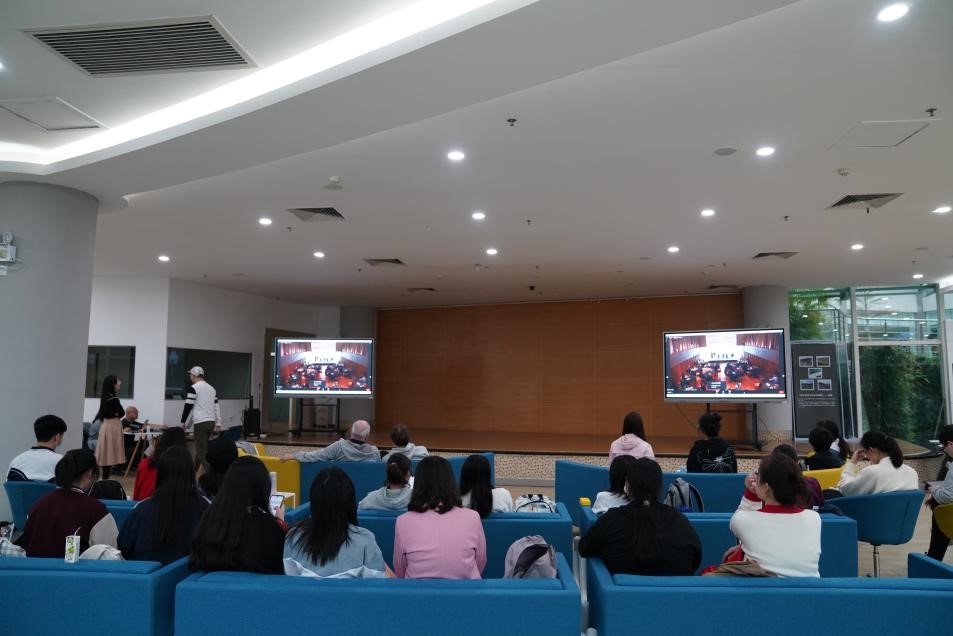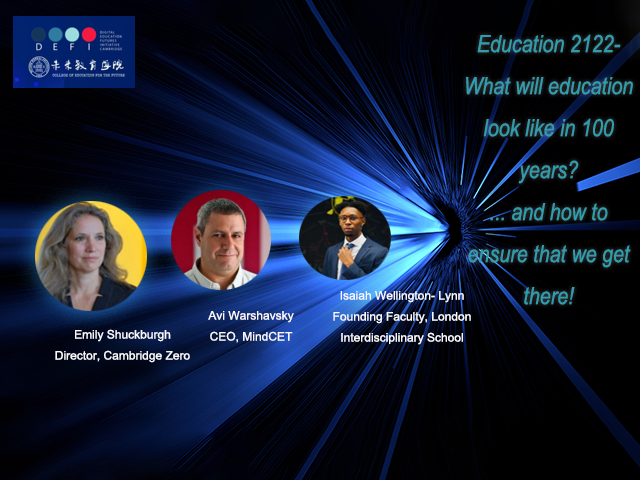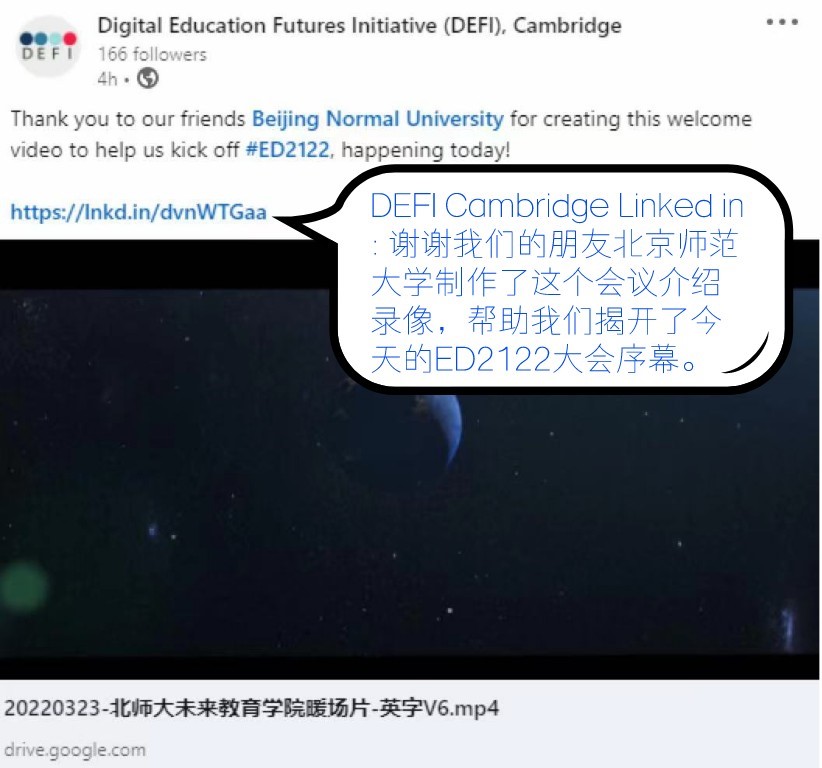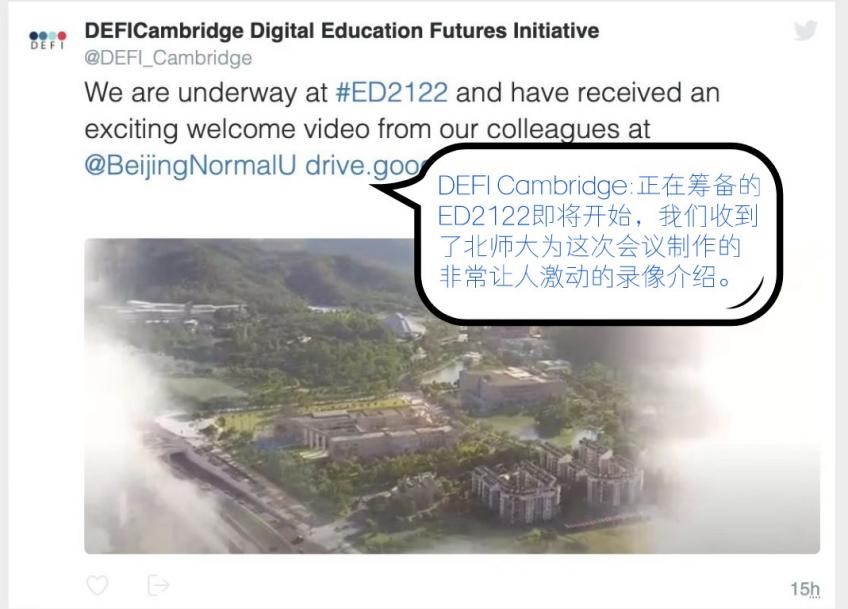On March 24, the sixth International Salon on Future Education was held jointly by the College of Education for the Future of Beijing Normal University and the University of Cambridge on the topic of Education 2122-What will education look like in 100 years?... and how to ensure that we get there! The salon was held both online and offline. Three special guests, Isaiah Willington-Lynn (the founder of the London Interdisciplinary School), Dr. Emily Shuckburgh (the leading person of the UKRI Centre for Doctoral Training of Energy Institute) and Avi Warshavsky (the founder of MindCET), together with other global scholars, were invited to attend the salon.

During the sharing part, special guests shared their achievements and experience of exploring new educational models and teaching methods in their research fields and innovative practices.

Dr. Isaiah talked about the teaching experiment conducted by his team to facilitate in-depth learning by encouraging students to choose research projects that they are interested in and explore new teaching models for the future. Dr. Isaiah works at the London Interdisciplinary School and serves as an Anthropologist in Residence at TwentyFirstCenturyBrand.
Emily Shuckburgh talked about teaching experiment conducted by her team in Primary School of Cambridge to promote systematic knowledge concerning environment and climate. Their activity leads students to learn about the ecological environment via cooperation and project-based learning, which provides practicable schemes for the integration of science education into practical teaching and the cultivation of citizens’ scientific and environmental literacy. Emily Shuckburgh serves as the Associate Fellow of the Center for Science and Policy and a fellow of the British Antarctic Survey. She leads the UKRI Center for Doctoral Training on the Application of AI to the study of Environmental Risks.
Avi Warshavsky talked about the teaching practice project of his research center, which provides suggestions and samples for the integration of education technologies into practical teaching. Avi Warshavsky is the founder and CEO of MindCET, providing escalators, R&D, investment, and testing for startups and educators and offering innovative teaching methods based on cutting-edge technologies to education institutes.
During the discussion, teachers and students talked about what education would look like in 100 years. Dr. Simon Mahony from Research Centre for Digital Publishing and Digital Humanities said that though people learn from teachers, they learn more from the environment. Learning should happen in the process of practice, and by the interaction between students,environment and the people around them. Therefore, future education should highlight learners' interactions, and teachers should offer inspirational education to leave enough room for students to explore.

Chris Stahl from Future Design Center shared his opinions on future education from the perspective of cultural differences. He thought that the model of standardized exams should be changed to evaluate the synthesizing capacity of students. Education should focus more on the learning process and progress of students.
Student Yin Jiao majoring in education management, and Student Shen Dejing majoring in English, raised the question of whether AI would replace future teaching. Teachers and students later discussed how to use technologies to facilitate future education and other practical concerns.




